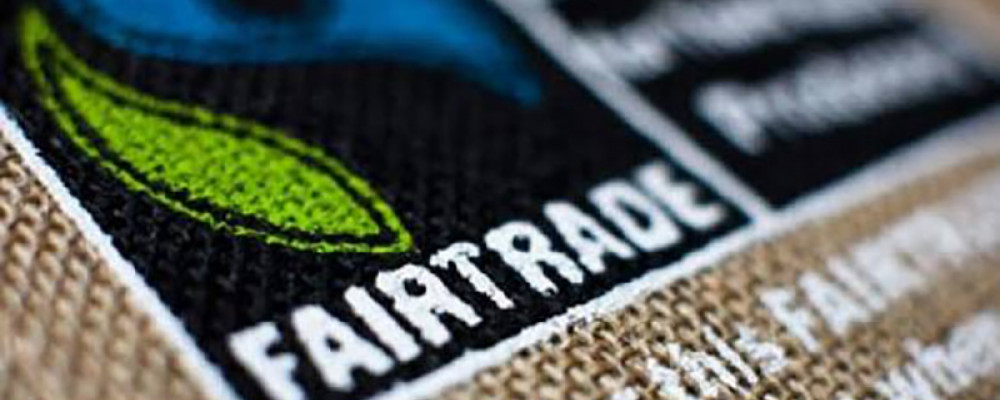
What Is Fair Trade? Trust The Symbol; Support The Worker
I'm sure you often come across various certifications and labels on products you purchase. Some of these certifications are markers that represent the social, ethical and environmental impact of the product. These certifications are awarded by accrediting organisations that set standards that the product has to meet. They are there to assure consumers who wish to make conscious shopping choices. Unfortunately, not all these certifications are regulated. Of those that are genuine, one certification of significance is "Fairtrade". So what does trading fairly mean? What does it mean for a producer to have their goods certified as Fairtrade?
Learn exactly what #Fairtrade symbols mean and why they can be trusted - @OffsetWarehouse" #ethical #shopping

Fairtrade is concerned with the social and ethical impact of consumer products. It mainly relates to the welfare of the employees who are involved in the various stages of production. In the case of fabric, this would refer to the farmers, the workers in mills and factories and those employed at the different stages of a fabric's journey from farm to shop. For a garment retailer to be able to use the fairtrade label, they must not only know where the certified cotton they are using comes from but they must also have sub-contractors registered.
The following stages needs to be certified for a garment to be labelled as Fairtrade;
- Seed cotton
- Ginning: lint fibre
- Spinning: yarn
- Weaving/Knitting: fabric
- CMT: garments
- Licensee / retailer
- Up to 50% of the certified cotton can be mixed with other fibres.
If you see a #fairtrade label on a product, it supports the welfare of the farmer. #choosefairtrade #eco #ethical

What does fair trade actually mean?
The term “Fairtrade” is based on the concept of ensuring that the people involved in the production and manufacture of a product receive a fair deal for their trade. Fairtrade organisations aim to secure fair treatment for the farmers and workers; empower them; secure their rights and ensure their overall well-being.
We are aware of the rampant poverty issues that plague farmer communities in developing countries. Many of them also struggle with health problems caused by poor working conditions. For instance, conventional cotton farmers handle chemicals on a large-scale. They are exposed to toxic chemicals, because they usually do not have the infrastructure or knowledge to handle it judiciously. Such unregulated use causes severe health problems in the long run for farmers and their families, including unborn babies. This further adds to their existing poverty crisis when they are faced with a need for medical treatment or special health care.
Fairtrade organisations attempt to bring about a change in this situation, by putting producers first and emphasising equality in the market place. This global movement is committed to sustainable development, by improving working conditions, keeping workers safe and healthy and providing better wages.
@FairtradeUK puts producers first & emphasises equality in the marketplace. #ethical #supplychain #farming

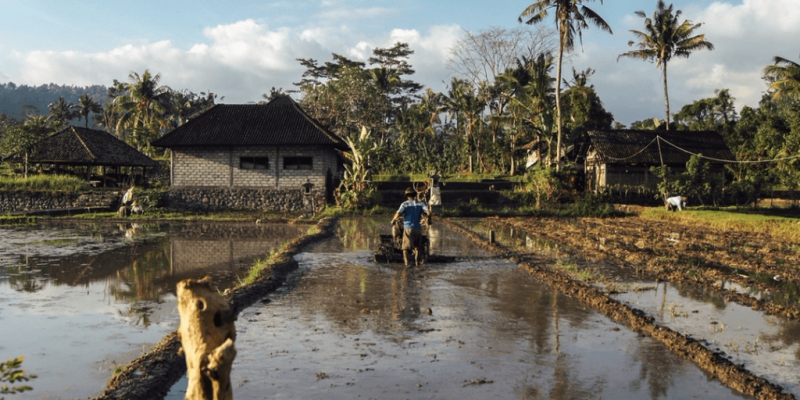
How exactly do they do this?
Fairtrade initiatives include setting a minimum price to cover the cost of sustainable production. This means a specified crop cannot be sold for less than a particular price, irrespective of the market situation. The idea of fixing this base price is to protect farmers from exploitation, as it allows the farmers to earn a minimum decent living wage. Some Fairtrade-accredited organisations also set up communal funds for farmers and workers to improve their social, economic and environmental conditions. By putting people first regardless of the fluctuations of the international market, these organisations effectively fight the economic crisis in the global farmer community.
Fairtrade also encourages stronger farmer-owned organisations, as it is likely they can achieve more when farmers raise issues and negotiate their requirements as a group, as it is of course the farmers themselves who are most qualified to recognise a hierarchy of their own needs, and also the effects of production and market circumstances. Sometimes urban-centric - or in some cases overseas - regulating bodies make changes which do not actually benefit the farming community, even if they appear to. This is because the scope of experience of these regulating bodies is often limited to observation, albeit keen, rather than actual first-hand long-term farming experience, and additionally, changes made which work in one district or farm may not work in another, for various social, personal, economic or environmental reasons.
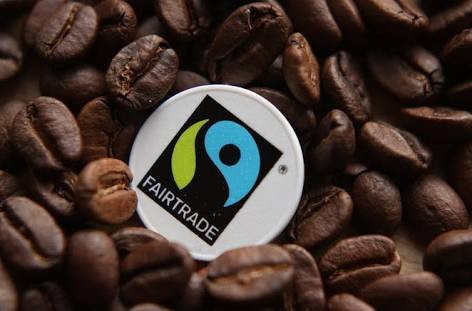
Difference between being certified and non-certified products
Fairtrade product labels guarantee that the product meets international Fairtrade standards. This means the company passes audits from the point of origin to point of sale, and satisfies all the criteria set by the organisation.
There are three groups of stakeholders to whom these criteria apply. They are Producers, Organisations involved in the trade and certification of the products, and End Consumers. Through the certification process, all three stakeholders agree to standards that will work towards alleviating poverty.
A Fairtrade product guarantees the following:
- The minimum price ensures farmers involved in production receive a fair deal for their labour
- Human rights are respected, as producers have decent working conditions and are educated about relevant health and safety concerns of production methods.
- Fairtrade farmers have to meet the limits on pesticide use, GMO's, child labour etc, to be certified. Hence consumers are assured that the manufacturing process uses environmentally safe methods and is free from harmful chemicals.
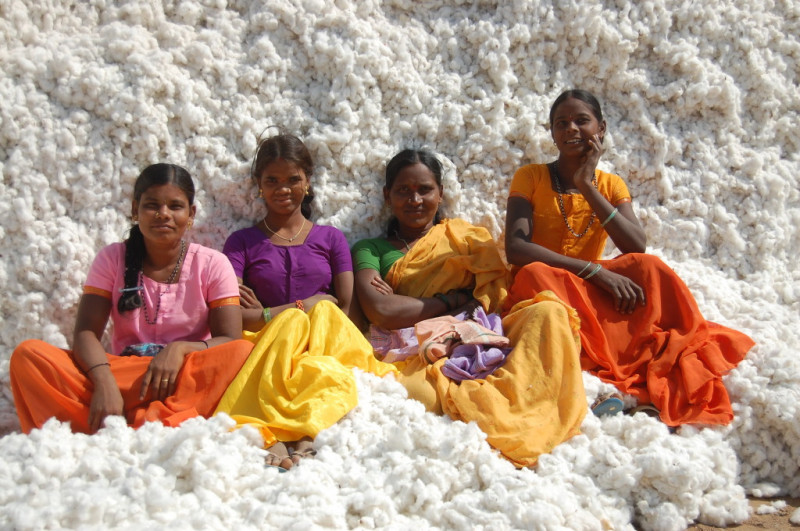
Fairtrade certifications ensure consistent and guaranteed price for a sustainable product, but you may also see some products displayed as fair wage or fair trade without a capital F. This is because some marginalised farmers or producers cannot afford the certification. They are however working to fair trade standards, and may already meet all the criteria needed to be accredited, but simply lack funds to become so. This is something to be looked at on a case by case basis, it’s important to still support producers who are working in this way; often you might find that a designer or maker who buys an unaccredited fair trade product will visit the producers themselves to ensure the correct standards are being upheld.
Some smaller farmers cannot afford @FairtradeUK certs, but are working towards it. #fairtrade #ethicalbrands #textiles

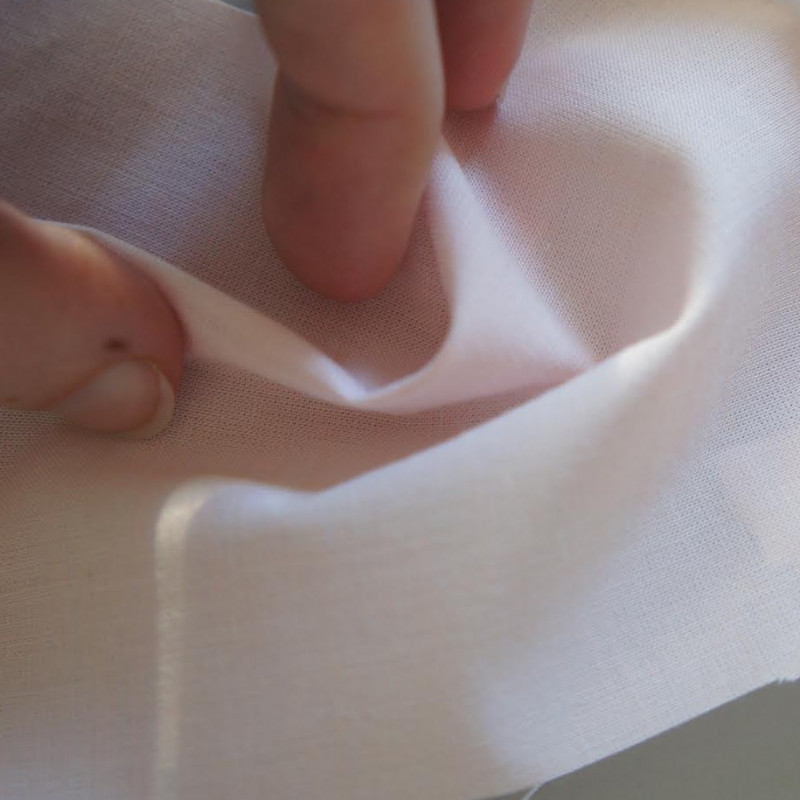
Fairtrade certifications can bring in a higher and more consistent income in the long run.
Fairtrade now works with almost 55,000 farmers around the world, creating exciting new opportunities and helping them sell higher volumes of their produce every year. For more details, visit this article.
#choosefairtrade to support #ethical & #sustainable employment, farming & manufacturing practices. #ecotextiles

Different Fairtrade certification organisations
An independent body called FLOCERT provides Fairtrade certifications to producers and traders in more than 70 countries. It operates through a network of independent inspectors who carry out the analysis and required tests. FLOCERT follows the requirements of ISO 65 to certify producers and producing organisations. ISO 65 is the international standard to which accredited producers must perform. FLOCERT will only offer accreditation when it recognises agreed standards of independence, transparency, quality and equality in the producers work.
Fairtrade International, based in Germany, is also part of the system and it co-ordinates the Fair trade initiatives around the world. Apart from these, there are also Fairtrade producer networks such as Fairtrade Africa, CLAC and Network of Asian and Pacific Producers. These represent small-scale farmers, workers and other stakeholders.
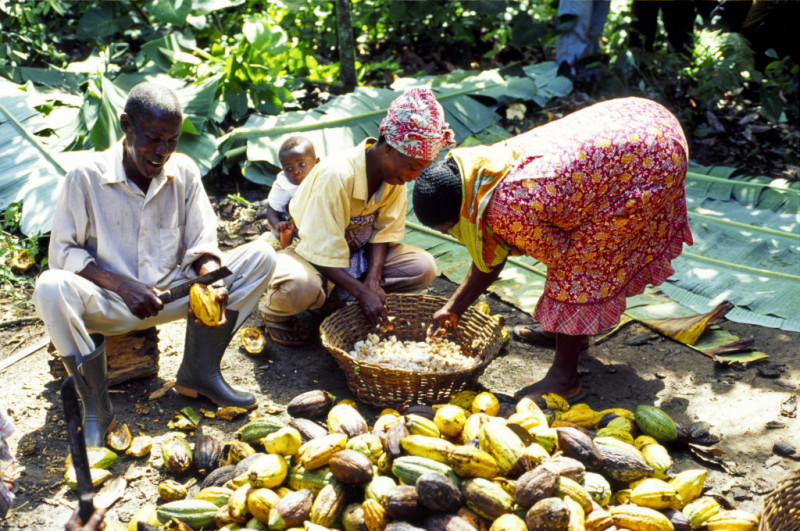
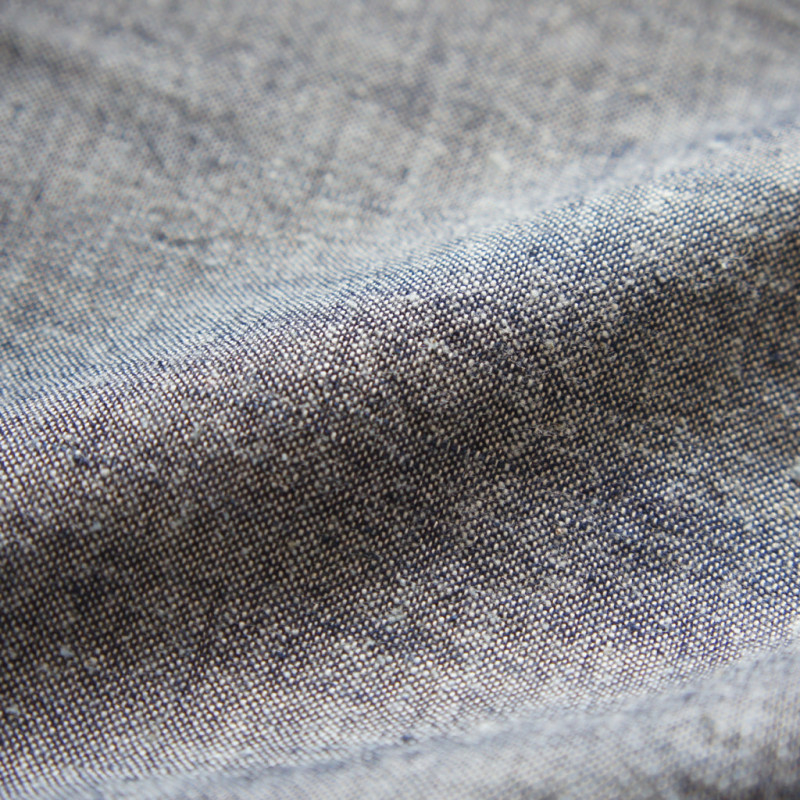
Fairtrade labels are applied only to agricultural products. However, the Fairtrade federation website lists the manufacturers and service providers of other products who are committed to fair trade principles and practices. In fact, Fairtrade tourism is taking off. If you'd like to read more about this then start with my previous article from a few months ago where I look at Labelwise, which is a new labelling initiative spearheaded by Fairtrade in collaboration with three other labelling councils.
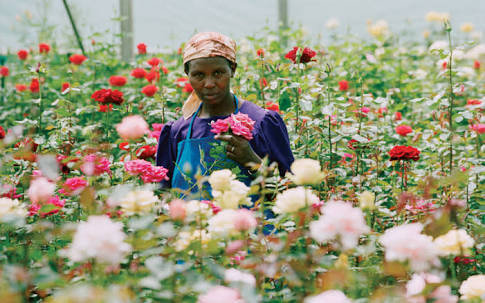
One of the primary aims of the overall Fairtrade movement is to bring the consumer closer to the producer and reduce the role of the middleman. There are many challenges in realising this. However, as more and more consumers are educated about what the Fairtrade label on a product means and the big difference it makes to the producers, it should encourage them to go out of their way to purchase Fairtrade certified products. I am hopeful!
Oh, and if you are a fan of what you've read here, then consider getting involved with Fairtrade Fortnight 2017 which takes place in August, and get warmed up with World Fairtrade Challenge on May 13 - all you have to do to get started is drink a cuppa!
I'm getting involved with Global Fairtrade Challenge with @FairtradeAU #choosefairtrade #ethical #shopping

@FairtradeUK helps consumers become better acquainted with producers, leading to more #ethical #shopping - @OffsetWarehouse

If you enjoyed reading this post and found the information and links in it useful please sign up for our newsletter! We will let you known about discounts and deals on our fabrics, news of masterclasses, events, and of course any exciting new blog posts.
